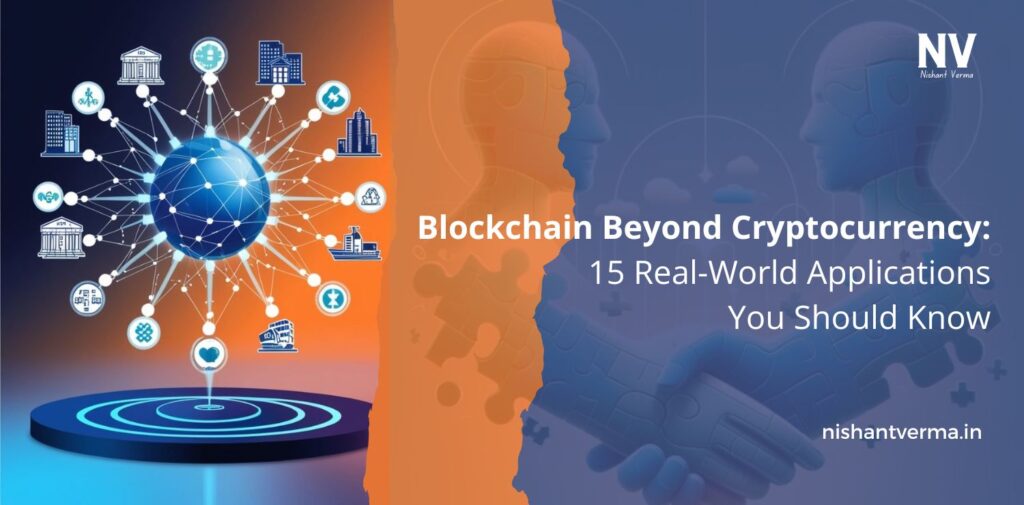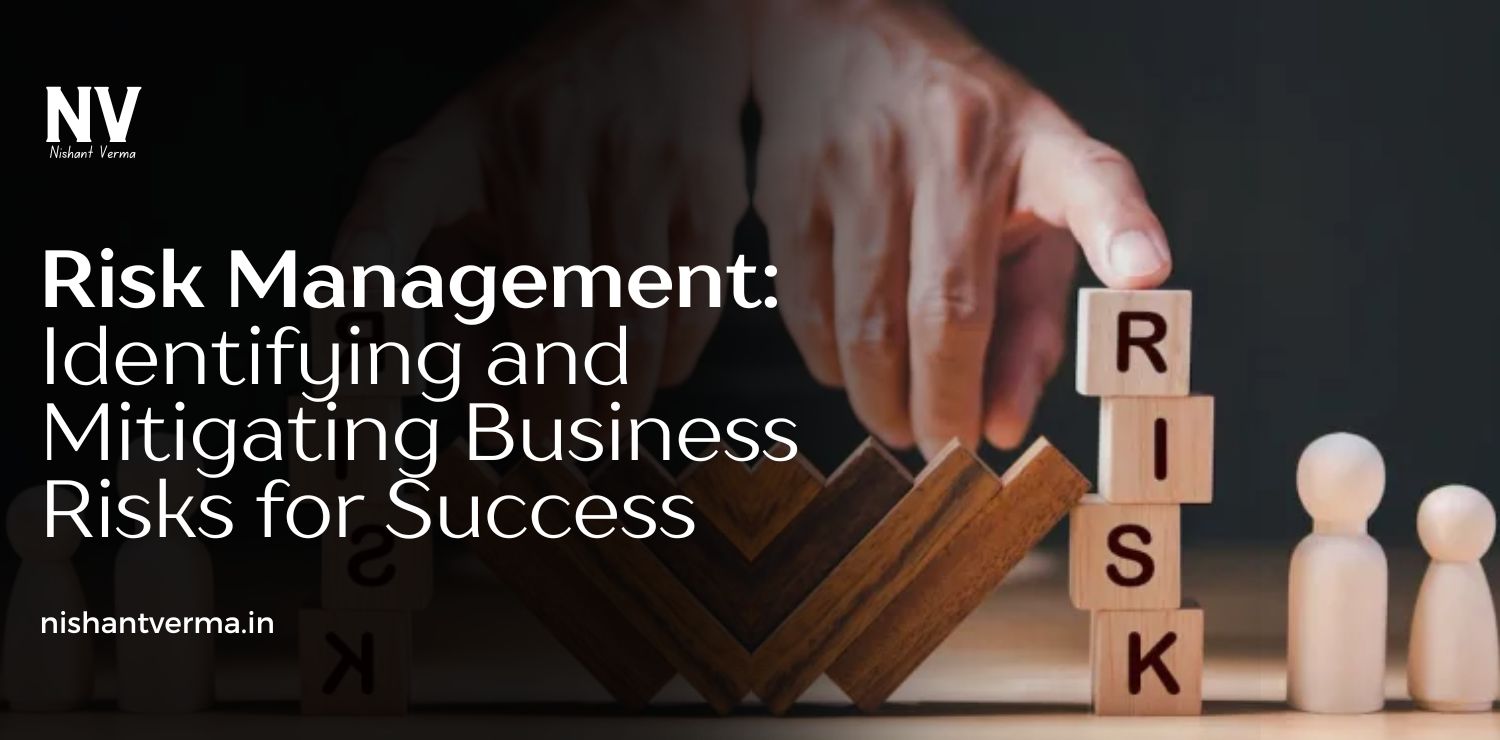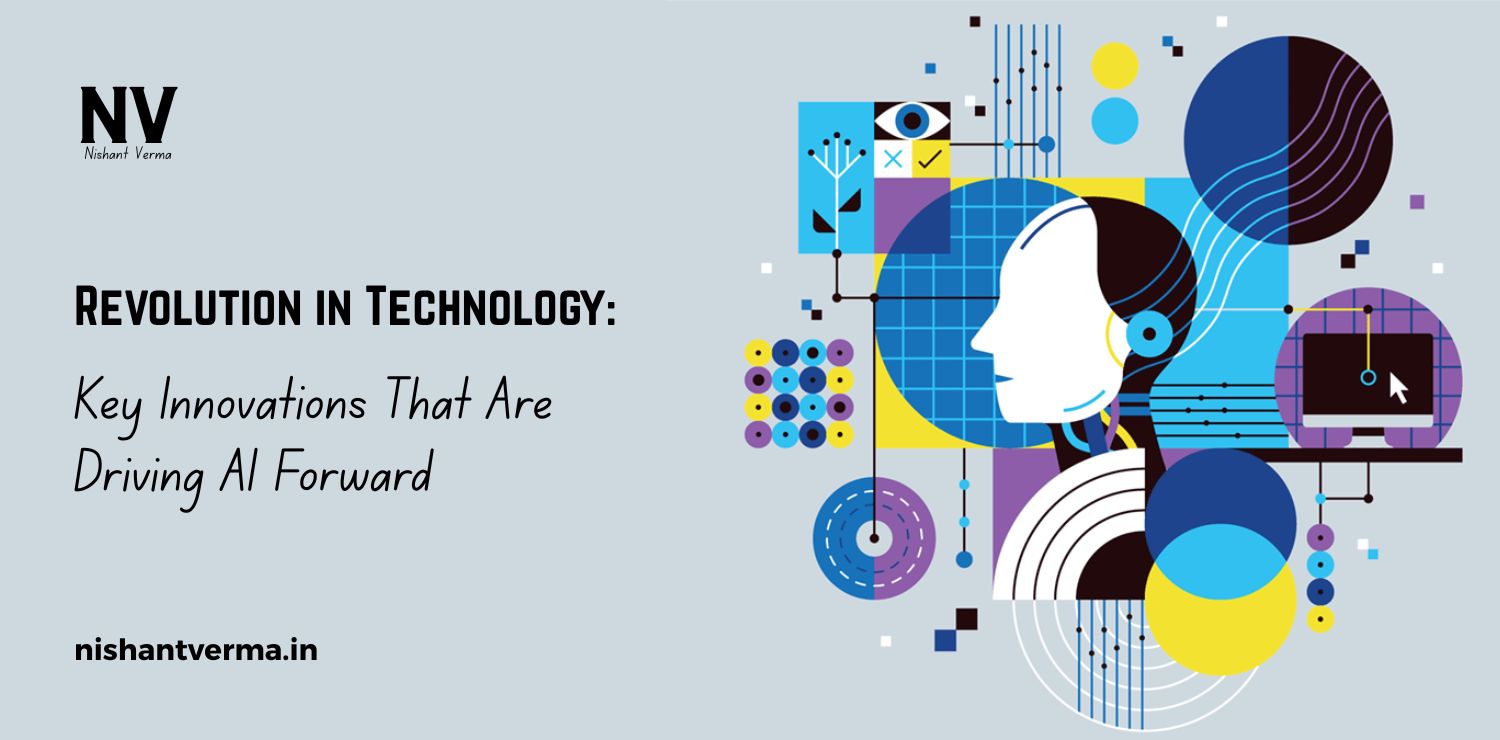Introduction: What is Blockchain?
Imagine you have a diary where you write down everything that happens, and you lock that diary with a key. Now, no one can change anything inside the diary because the lock is with you. That’s how blockchain works, but with information on the internet.
In simple words, blockchain is a technology that keeps a record of information in a very secure way. This information is stored in blocks, which are connected to each other like links in a chain. Once information is added, it cannot be changed easily, making it very safe. You can think of it like a digital diary where everyone can see what’s written, but no one can erase or change anything.
Most people think blockchain is only used for cryptocurrency like Bitcoin, but that’s not true. Blockchain has many other useful applications in different fields that affect our daily lives. Let’s explore 15 real-world applications of blockchain beyond cryptocurrency!
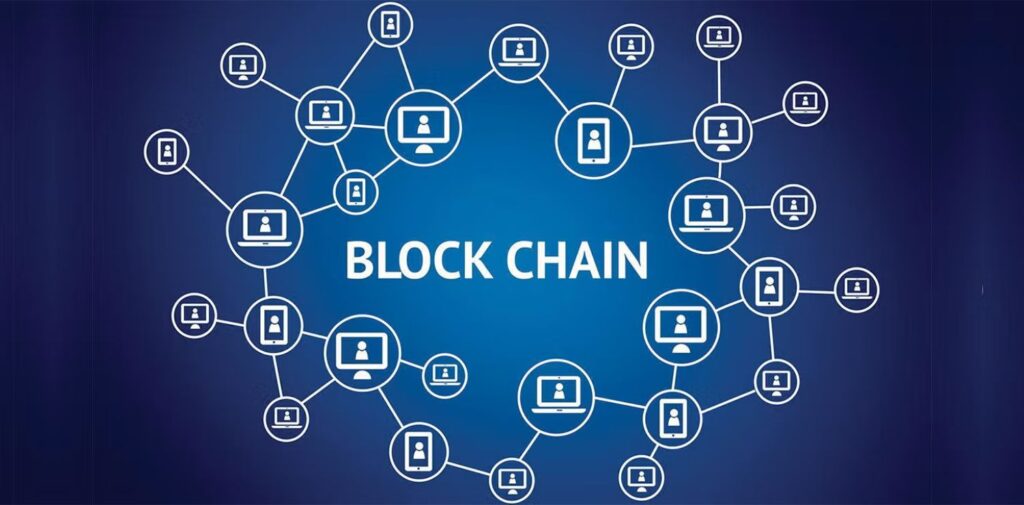
Secure Digital Voting
One of the biggest problems in elections is fraud and tampering. Blockchain can help make voting more secure and transparent. Imagine an online voting system where everyone’s vote is safely recorded on a blockchain. Since blockchain cannot be changed once something is recorded, it becomes very difficult for anyone to alter the results. This can help make elections fairer and prevent cheating.
Supply Chain Management
Supply chains involve many steps. For example, when a product is made, it travels through factories, warehouses, and stores before reaching you. Sometimes, it’s hard to know where the product came from or whether it’s safe. Blockchain can track every step of a product’s journey. It helps in knowing the exact origin, quality, and authenticity of products.
For instance, if a company sells organic food, blockchain can prove that the food really is organic by showing where it was grown, how it was processed, and who handled it. This is very useful for both consumers and businesses.
Healthcare Records Management
In India, managing healthcare data is a big challenge. People often change doctors or go to different hospitals, and their records might get lost or misplaced. Blockchain can keep a secure record of all your health information. Whenever you visit a new doctor, they can access your complete medical history quickly and easily, ensuring you get the right treatment. This can help save lives by making sure no important details are missed.
Digital Identity Verification
We all use documents like passports, Aadhaar cards, and voter IDs to prove who we are. But what if there was a digital way to do this that was more secure? Blockchain can create a digital identity that is stored safely and can’t be tampered with. Whether you’re applying for a job, opening a bank account, or even booking a ticket, you could easily verify who you are using your blockchain-based identity.
This also makes online transactions safer and reduces identity theft.
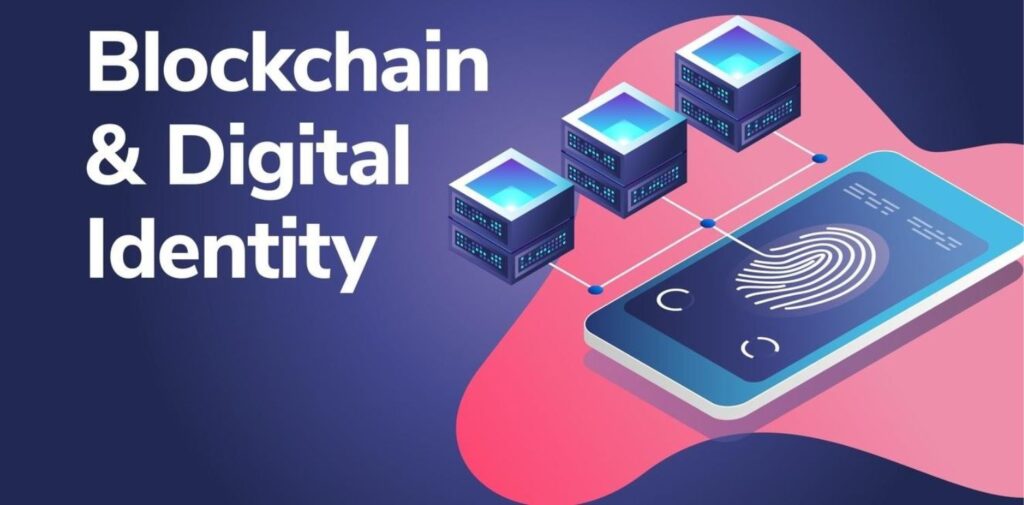
Smart Contracts
Smart contracts are like digital agreements that automatically carry out the actions once certain conditions are met. For example, if you’re renting a house, a smart contract could automatically transfer the rent payment when the landlord confirms the payment. No one can change the agreement, and it happens without needing a middleman like a lawyer or agent.
Copyright and Intellectual Property Protection
Artists, musicians, and creators work hard to make things like music, books, and art, but sometimes their work is copied or stolen. Blockchain can help by keeping a secure record of who created the work and when. This way, creators can prove that their work is original, and others can’t claim it as their own. This ensures that artists get paid fairly for their efforts.
Real Estate Transactions
Buying a house or land in India involves a lot of paperwork. Blockchain can simplify this process by storing property titles and ownership details securely. This helps in preventing fraud, making it easier to transfer property, and reducing the time spent on checking legal documents.
It can also reduce the cost of transactions since middlemen like brokers and notaries won’t be needed as much.
Cross-Border Payments
Sending money from one country to another can be slow and expensive due to banks and currency exchanges. Blockchain makes it easier and faster. You can send money from India to any other country within minutes and with very little fee using blockchain technology. This can be especially helpful for people who work abroad and need to send money home to their families.
Energy Trading
In India, the energy sector is very important. Blockchain can help people buy and sell energy in a more efficient way. For example, if you have solar panels on your house and produce extra energy, you could sell that energy to someone else using blockchain technology. This would be more efficient and cost-effective, ensuring a cleaner environment and better energy use.
Education and Certifications
When you complete a course or earn a degree, you get a certificate. But what happens if someone fakes the certificate? Blockchain can store educational credentials safely so that employers can verify if someone really completed their studies or training. This can help reduce fraud in education and make hiring more transparent.
Charity and Donations
People often donate money to charities, but sometimes it’s difficult to track how the money is used. Blockchain can ensure that donations are used in the right way. When you donate money to a charity, you can track exactly how it’s being spent, making sure the funds reach the right people. This increases trust and transparency.
Food Safety
India has a huge food industry, but sometimes food can be unsafe due to poor storage or handling. Blockchain can be used to track the supply chain of food products. It can tell you where the food came from, how it was handled, and whether it meets safety standards. This ensures that food is fresh and safe to eat.
Voting on Corporate Decisions
Blockchain can be used by companies to make corporate decisions more transparent. Shareholders or members of a company can vote on decisions like mergers, profits, or changes in leadership using blockchain. This way, everyone can see the votes and ensure that the decision-making process is fair and honest.
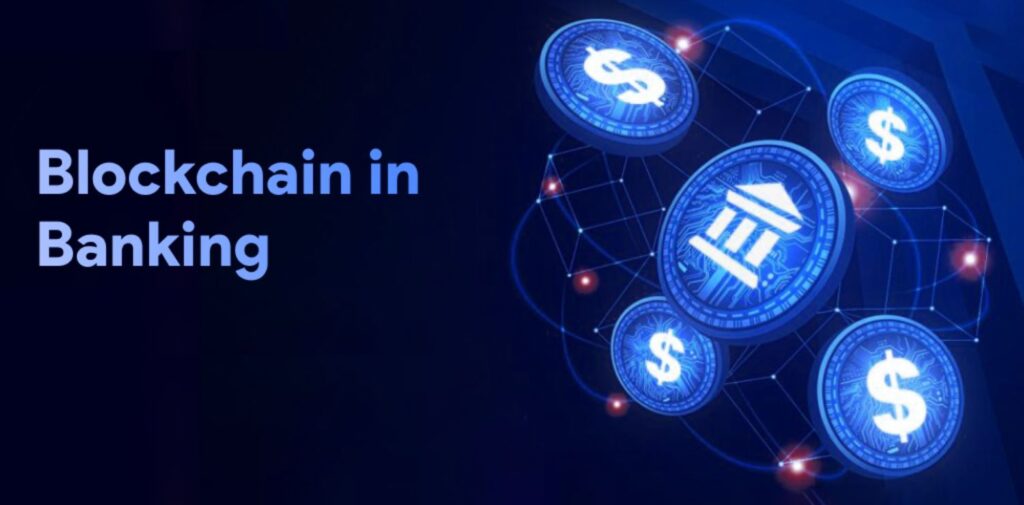
Banking and Finance
Traditional banking systems are slow and require middlemen like agents and brokers. Blockchain can simplify banking by eliminating intermediaries. Transactions can be processed more quickly, and it’s cheaper because there are fewer people involved. Blockchain can also offer people better access to banking services without the need for a physical bank branch, making financial inclusion easier.
Automated Insurance Claims
When you have insurance, sometimes it’s a struggle to get your claims processed quickly. Blockchain can speed up this process by automatically verifying claims and ensuring they are legitimate. Once your claim is confirmed, the payment can be made instantly without needing a lot of paperwork or delays.
Conclusion: Blockchain Beyond Cryptocurrency
Blockchain is an amazing technology that is already being used in many different ways to make our lives better, safer, and more efficient. While we often think of Blockchain Beyond Cryptocurrency like Bitcoin, it has many other applications in healthcare, education, real estate, energy, and beyond. As blockchain continues to evolve, we will likely see even more ways it can transform industries and make the world more transparent and secure.
So, now you know that Blockchain Beyond Cryptocurrency – it’s a technology that can change the way we live, work, and interact with the world. From voting to healthcare to real estate, blockchain is reshaping many important areas of our lives.

